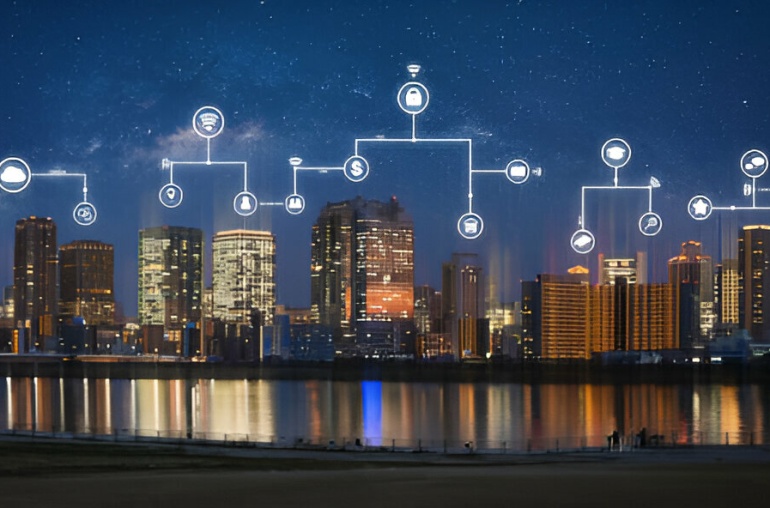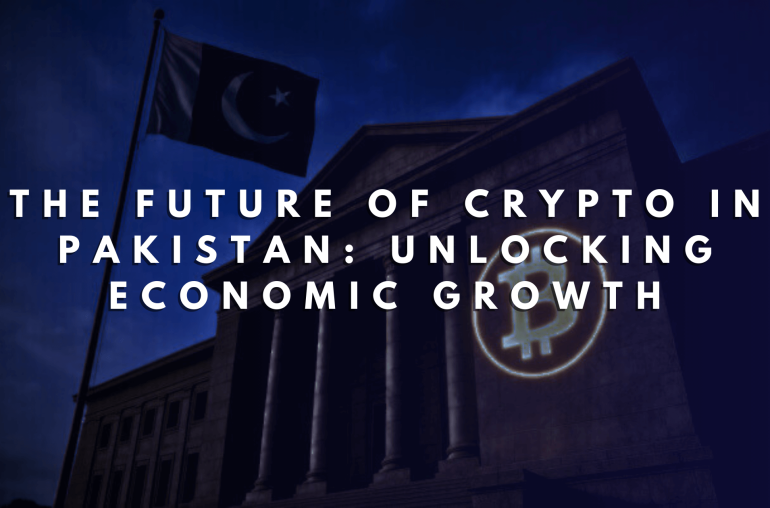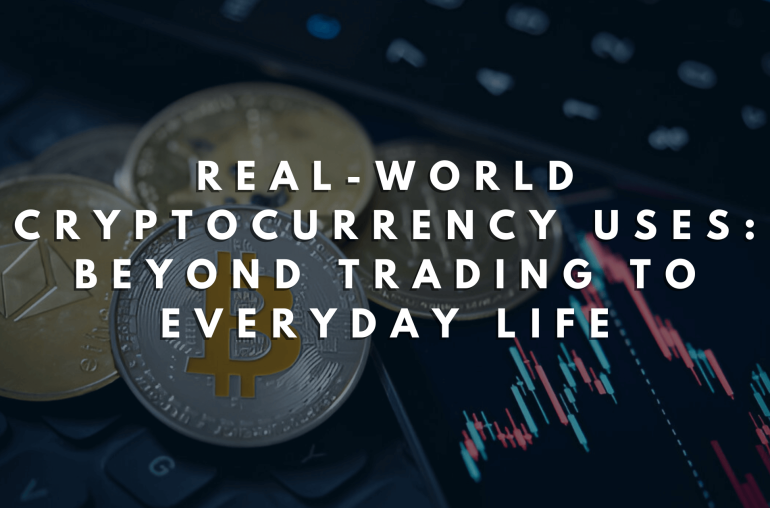Pakistan is catching the crypto wave! Maybe you’re hearing about Bitcoin or Ethereum from friends or online, and thinking about getting involved.
But hold on – before you buy anything, let’s talk about safety.
Where will you keep your digital money?
Choosing the right ‘wallet’ is crucial, especially with online scams being a concern.
We’ll simply explain the difference between Custodial and Non-Custodial wallets, so you can start your crypto journey in Pakistan more confidently.
So, what exactly is a crypto wallet?
Imagine it like a special kind of digital bank account or wallet, designed specifically for your cryptocurrency.
It’s where you store, send, and receive digital coins.
The really important part is something called “keys,” specifically your “private key.”
Think of the private key as the ultimate secret password to access and control your crypto. It’s super important!
Now, let’s look at the two main ways these wallets work.
First up: Custodial Wallets.
This is where you let someone else handle those important keys for you.
Usually, this ‘someone else’ is a company, often a cryptocurrency exchange like Binance or CEX.IO – platforms you might have heard of.
It’s a bit like using a regular bank. The bank holds your money safely (you trust!), and you access it through your account.
With a custodial wallet, the platform holds your crypto keys, and you log in with a username and password.
Why do many beginners like starting here?
- It’s Easier! Setting up is often just creating an account. No need to worry about managing complex keys yourself right away. This can be helpful if you’re not super techy, which is common for many starting out in Pakistan.
- Forgot Your Password? Usually, there’s a way to recover your account through customer support. This is a big relief compared to potentially losing everything if you forget a complex key.
- All-in-One Convenience: Many platforms let you buy, sell, and trade crypto easily, all in the same place.
But, there are some important things to know – the trade-offs:
- Less Control: Because the platform holds the keys, you don’t have absolute control. Remember the saying: “Not your keys, not your coins.” You’re trusting the provider.
- Security Risks (Important in Pakistan!): Big platforms can be targets for hackers. And sadly, online scams are quite common here. Choosing a very reputable, well-known platform is absolutely critical. Don’t just pick any random service!
- You’ll Need ID: Most custodial services require you to verify your identity (KYC – Know Your Customer).
- Access Depends on Them: If the platform has technical issues, undergoes maintenance, or faces regulatory problems, your access could be temporarily affected.
Examples of popular platforms often used in Pakistan include Binance, CEX.IO, Coinbase, and Kraken. Always do your own research on their reputation!
Next, let’s talk about Non-Custodial Wallets.
This is where you are completely in charge. You hold your own private keys.
Think of it like keeping your cash in a secure safe at home that only you have the key to.
You are essentially being your own bank.
Why do people choose this route?
- Total Control: It’s your crypto, fully under your command. No third party can freeze or access your funds without your keys.
- Your Security: You’re not relying on a company’s security. If you manage your keys well, you avoid the risk of large exchange hacks. (But the responsibility is all yours!)
- More Privacy: Often, setting up these wallets doesn’t require sharing lots of personal information.
- Gateway to Web3: These wallets are often needed to interact with newer crypto applications like DeFi (Decentralized Finance) or NFTs (Non-Fungible Tokens), if that interests you down the line.
Sounds great, but what’s the catch? It’s all about Responsibility:
- Lose Your Keys, Lose Your Coins: This is the BIG one. If you lose your private key or your backup ‘seed phrase’ (a list of words that can recover your wallet), your crypto is likely gone forever. Seriously. There’s no ‘forgot password’ button.
- No Customer Support for Lost Keys: Nobody can help you get your keys back if you lose them.
- Takes More Learning: Setting up and using these wallets safely requires understanding how they work. It’s a steeper learning curve.
- You Must Be Security Aware: You need to protect yourself from scams, fake websites, and malware trying to steal your keys. This is crucial everywhere, but especially important considering the cybersecurity awareness challenges noted in Pakistan.
There are different types. Software wallets are apps on your phone or computer (like Trust Wallet or MetaMask). Hardware wallets are physical devices (like Ledger or Trezor) that keep your keys offline, offering much higher security for larger amounts.
Okay, deep breath! So, how do you choose your first wallet in Pakistan?
Also read: Fasset Secures Sandbox License to Launch Pakistan’s First Tokenized Gold Solution
It boils down to that main choice: Ease and convenience OR full control and responsibility.
Ask yourself honestly:
- How comfortable am I with technology? If dealing with new software feels daunting, a simple custodial wallet might be less stressful initially. Remember the digital literacy gap – start where you feel comfortable.
- How much responsibility do I want for security? Given the real risk of scams, are you ready to learn and apply rigorous security practices yourself (non-custodial), or would you prefer to rely on a reputable provider’s security (custodial), while still being cautious?
Friendly advice for most beginners in Pakistan: Starting with a well-known, highly reputable custodial wallet (like those on major international exchanges accessible here) is often the easier path. BUT, go in with your eyes open. Understand you’re trusting the platform.
As you learn more and become more confident, you can (and maybe should!) explore non-custodial wallets for greater control over your assets.
No matter which type you choose, some safety tips are essential for everyone using crypto in Pakistan:
- Do Your Homework: ONLY use exchanges and wallet apps that are well-known and have a strong, positive reputation globally. Read reviews, check security features. Avoid obscure platforms promising unrealistic returns.
- Lock It Down: Use strong, unique passwords for any crypto accounts. ALWAYS enable Two-Factor Authentication (2FA) – usually via an authenticator app.
- Scam Alert! Be incredibly suspicious of emails, messages, or websites asking for your password, private keys, or seed phrase. Reputable services will NEVER ask for these. If an offer sounds too good to be true, it almost certainly is a scam.
- (If Non-Custodial): Your seed phrase is GOLD. Write it down carefully. Store it securely offline (not on your computer or phone!). Never share it with anyone, ever. Make multiple backups.
- Start Small: Don’t jump in with large amounts of money. Use small sums you can afford to lose while you’re learning the ropes.
So, there you have it – a look at custodial vs. non-custodial wallets.
Choosing your first wallet is a big step in your crypto journey.
Remember, custodial wallets offer simplicity and recovery options, making them a common starting point, but you rely on the provider’s security and control. Be sure to pick a top-tier, reputable one.
Non-custodial wallets give you full control and are key to deeper crypto involvement, but demand significant personal responsibility for security and key management.
For beginners in Pakistan, the most important things are to prioritize safety, choose reputable platforms, and commit to learning continuously. Start simple if you need to, understand the risks, and grow your knowledge. The world of crypto is exciting, but navigating it safely is key.
Which type of wallet feels like a better starting point for you, and why? Share your thoughts in the comments below!
Key Takeaways:
- Crypto wallets are essential tools for storing and managing digital currencies like Bitcoin.
- Custodial wallets are managed by a third party (like an exchange), offering ease of use and recovery options but less user control and reliance on the provider’s security. Good for beginners if a reputable provider is chosen.
- Non-custodial wallets give the user full control over their keys and funds (“Be your own bank”) but require significant personal responsibility for security and key management (losing keys means losing funds).
- For beginners in Pakistan, starting with a reputable custodial wallet can be easier due to factors like digital literacy, but awareness of scams and provider risks is critical.
- Prioritizing security (2FA, strong passwords, scam awareness, careful seed phrase management for non-custodial) is vital for all crypto users in Pakistan.
- Choosing a wallet involves a trade-off between convenience/ease (custodial) and control/responsibility (non-custodial).




